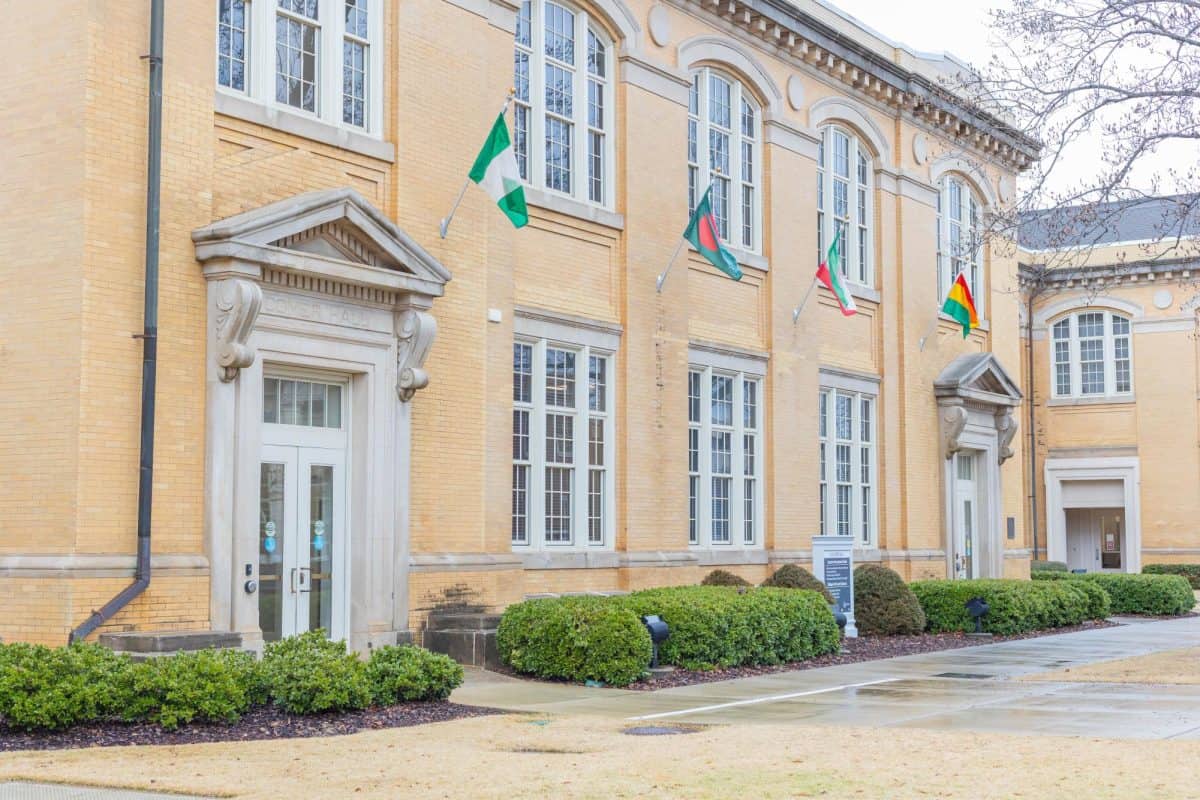Last Thursday, the UA Student Government Association nominated Randy Bowden as its newest Executive Vice President.
A month after SGA President Grant Cochran resigned, the SGA can finally fill the gap he left in their executive leadership if Bowdon is confirmed by the SGA Senate tonight. The SGA will finally get back to business at full strength under President Stephen Swinson.
There’s only one problem. The SGA still hasn’t filled in the students on this campus about why any of this is necessary.
In the 30 days since Cochran resigned, students have survived their midterms and are getting ready for Fall Break. In those 30 days, the Crimson Tide has scored 199 points in five victories.
In those 30 days, the SGA has moved on, but it still hasn’t let students know what led to the resignation of its leader.
The SGA has decided that releasing details about the irregularities in the First Year Council selection process that led to Cochran’s resignation would not be in their best interest, even though it tells you, the student whom they claim to serve, exactly what’s going on with your government.
The UA administration took over the investigation and holds affidavits from several SGA senators detailing the irregularities that led to Cochran’s resignation, but the SGA still holds the power.
Austin Gaddis, the communications director for the SGA Senate, said a senate resolution going against the administration would be “bad PR” for the SGA.
Except the SGA isn’t a government whose stated goal is to appease the University. It isn’t a government whose stated goal is to work like a public relations firm for the University administration.
The SGA’s stated goals, according to its constitution, include “to preserve and defend the rights and privileges of student self-governance” and “to serve the common interests of all students.” Shouldn’t all students have an interest in knowing why their elected president isn’t president anymore?
At other schools, the SGA is accountable to the students who elect them, not just the administration. As Ryan Flamerich, speaker of the SGA Senate, brought up in a meeting about a proposed SGA Code of Ethics last week, SGA leaders at many universities in Florida sign waivers of their rights under the Family Educational Rights and Privacy Act when they are elected. If Cochran had signed a FERPA waiver, the details of his resignation wouldn’t be cloaked by the University right now.
The SGA can make progress from this. They can create a code of ethics, as they discussed last week. They can take this as a mistake to be learned from.
They should. Another goal listed in the preamble of the SGA Constitution is to “train ourselves in democratic government.” In a democratic government, you never hide why an elected official resigns. Right now, this training ground is doing a very poor job of teaching accountability and transparency.
Our View is the consensus of The Crimson White editorial board. Opinions Editor Tray Smith did not participate in this editorial.








